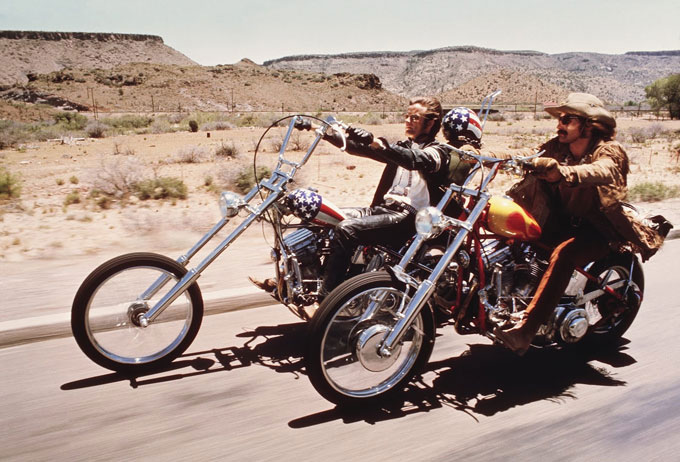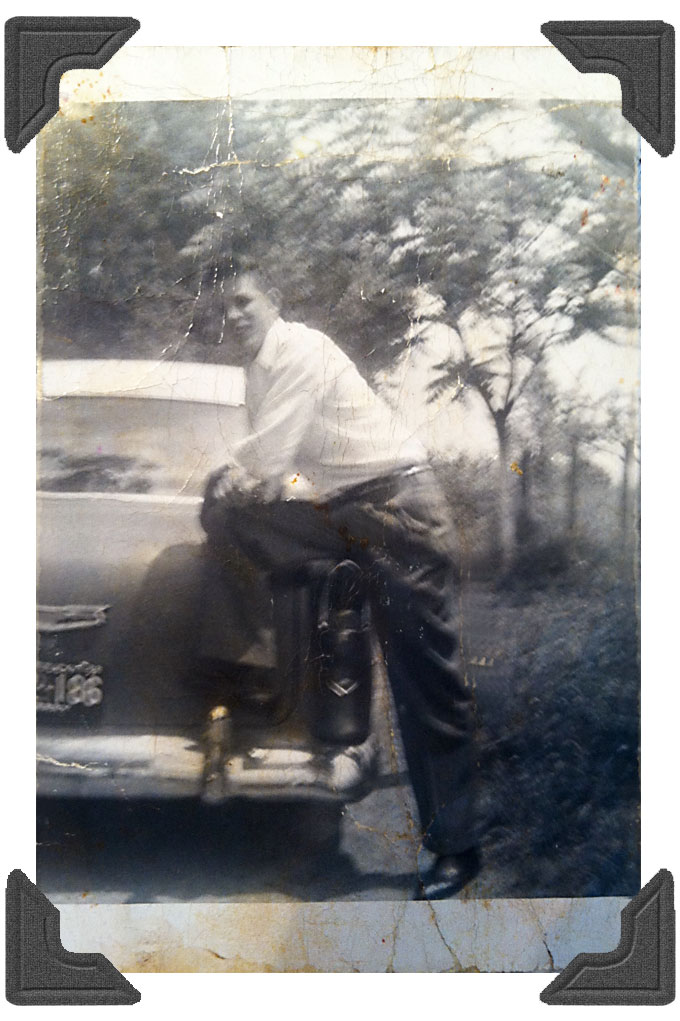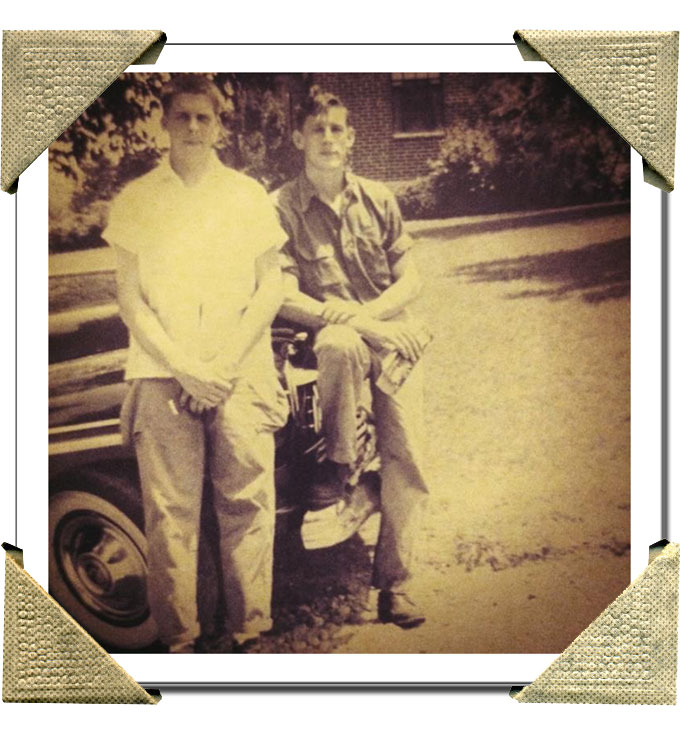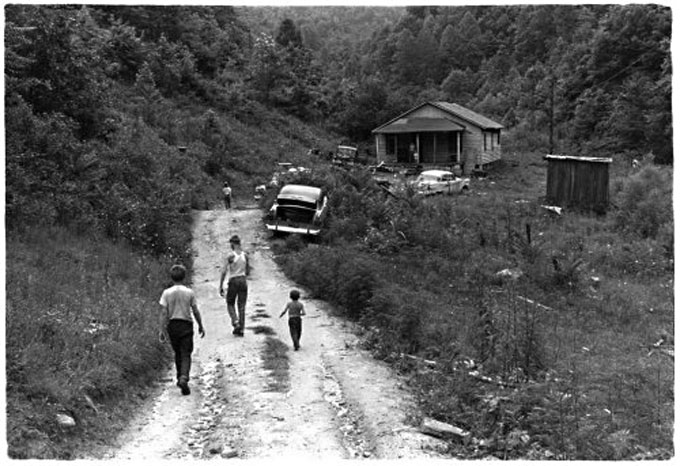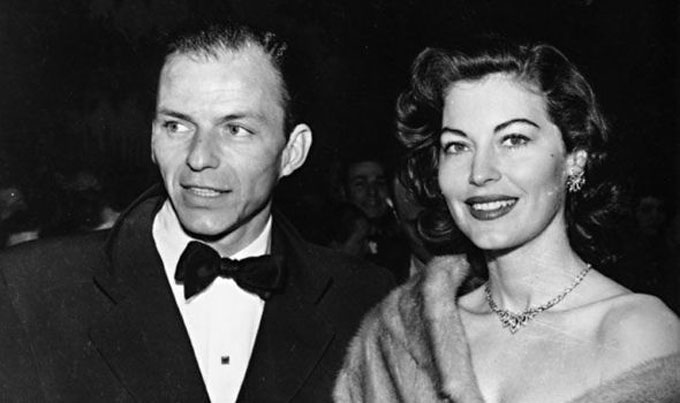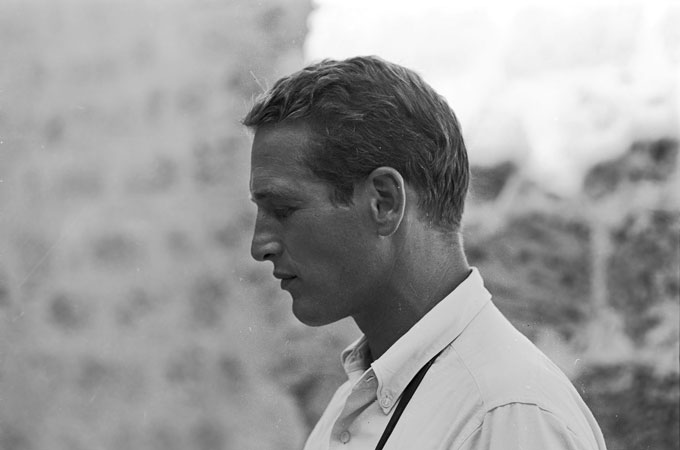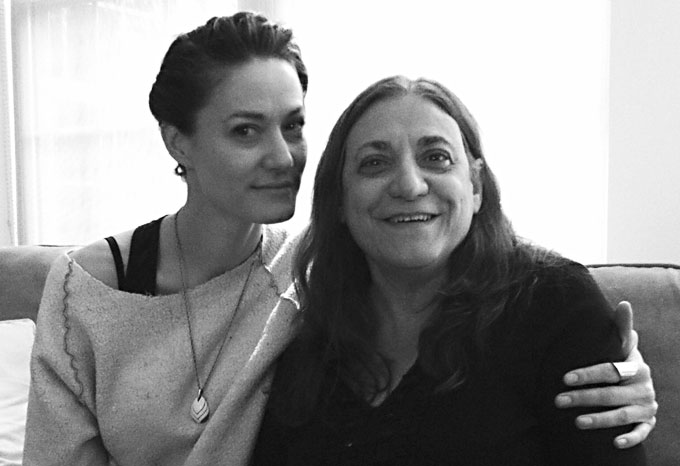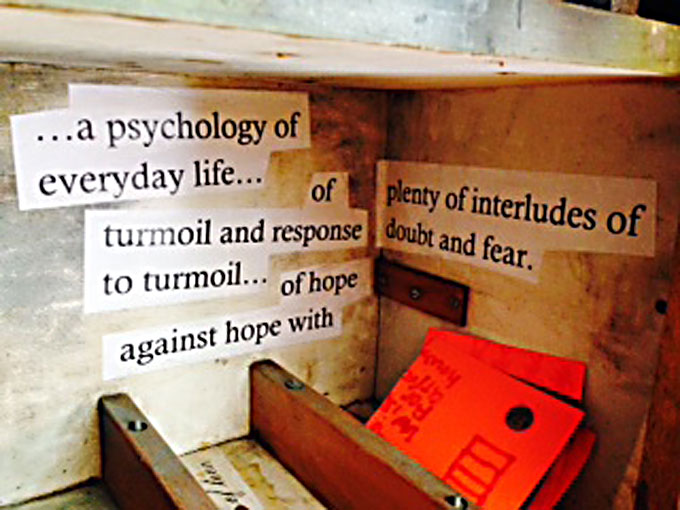Another Effing Dead Dog
Checking a plastic syringe, she asks again
whether I’m ready then does what she does.
She says that she could perform surgery now
then administers a second injection. I want it,
his death, to say we speak loss and that loss
is the first language in which we are fluent.
Go ahead and say it: Another effing dead dog.
But my presence in the room meant everything.
And fast forward to ashes in a Sosa cigar box,
the box traveling to Ohio to sit on a dresser.
They travel well, ashes, though the contents
are not him. The stuffed bear next to the box
is his. And I recall an aura around his gold fur
after he stopped breathing and what had to be
done had been done and I left him on a table
to be handled with reverence, it being Iowa.

